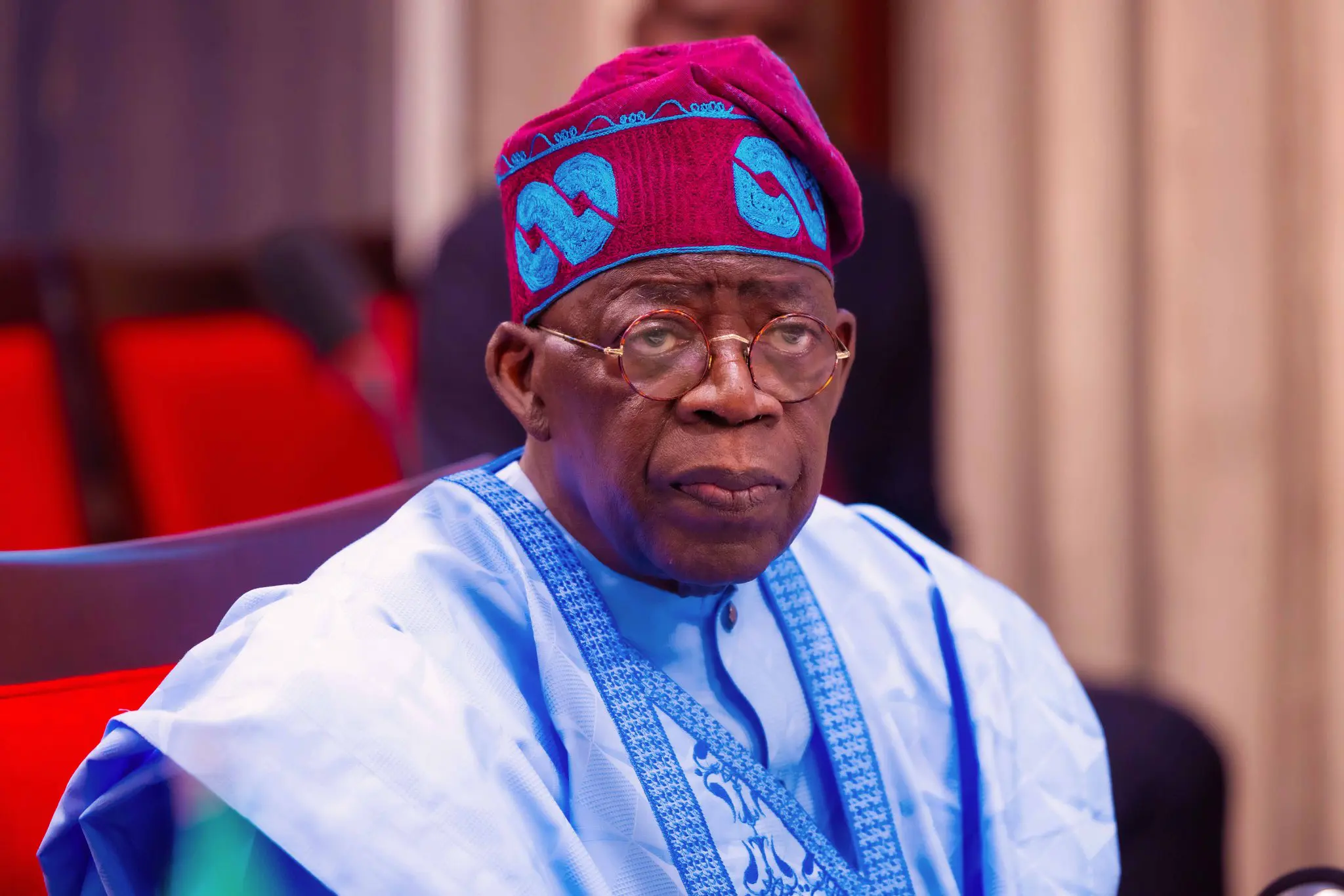Nigeria’s economy is undergoing a significant transformation under President Bola Tinubu’s administration, driven by bold reforms aimed at revitalizing key sectors and attracting global investment. These measures, while controversial, are positioning Africa’s most populous nation as a rising economic powerhouse.
Major Economic Reforms
One of the most decisive actions taken by the Tinubu administration was the removal of fuel subsidies, a policy that had long drained public funds. While the move initially triggered a sharp increase in fuel prices and inflationary pressures, it was designed to create fiscal space for investment in infrastructure, healthcare, and social programs.
The government also introduced a more flexible exchange rate policy, allowing market forces to determine the value of the naira. This shift, though painful in the short term, has improved transparency and restored confidence among foreign investors. Alongside these monetary reforms, Nigeria has embarked on an ambitious tax overhaul to boost domestic revenue and reduce reliance on external borrowing.
Positive Economic Indicators
Despite initial economic turbulence, some of these policies are beginning to bear fruit. Foreign direct investment has surged, with an estimated $30 billion flowing into the country over the past 15 months. Nigeria’s bond market has also experienced a resurgence, attracting investors with yields as high as 25%.
Inflation, which spiked following subsidy removal and currency adjustments, has begun to ease. Recent data shows Nigeria’s inflation rate declining for the second consecutive month, signaling potential stabilization. The naira has also shown resilience, appreciating by over 7% against the U.S. dollar since November, indicating growing investor confidence in the country’s long-term economic trajectory.
Challenges and Public Response
However, Tinubu’s reforms have not been without challenges. The removal of fuel subsidies and the resulting rise in transportation and food costs have placed a heavy burden on ordinary Nigerians. Many citizens have voiced frustration over the rising cost of living, with protests erupting in various cities. Critics argue that while these policies may benefit the economy in the long run, immediate measures are needed to cushion the impact on vulnerable populations.
There are also concerns about the accuracy of reported foreign investment figures, with some analysts calling for greater transparency in economic data. Additionally, opposition figures and labor unions have accused the government of prioritizing fiscal discipline over social welfare, warning of potential unrest if economic hardships persist.
Outlook for Nigeria’s Economy
Despite these challenges, Nigeria’s economic trajectory is being closely watched by international investors, policymakers, and analysts. The success or failure of these reforms will have far-reaching implications not only for Nigeria but for the broader African economy. If Tinubu’s administration can balance economic restructuring with social protections, the country may emerge as one of the continent’s leading economic forces.
As Nigeria navigates this transition, the world will be watching to see whether the country can fully capitalize on its vast economic potential while ensuring that growth is inclusive and sustainable.




